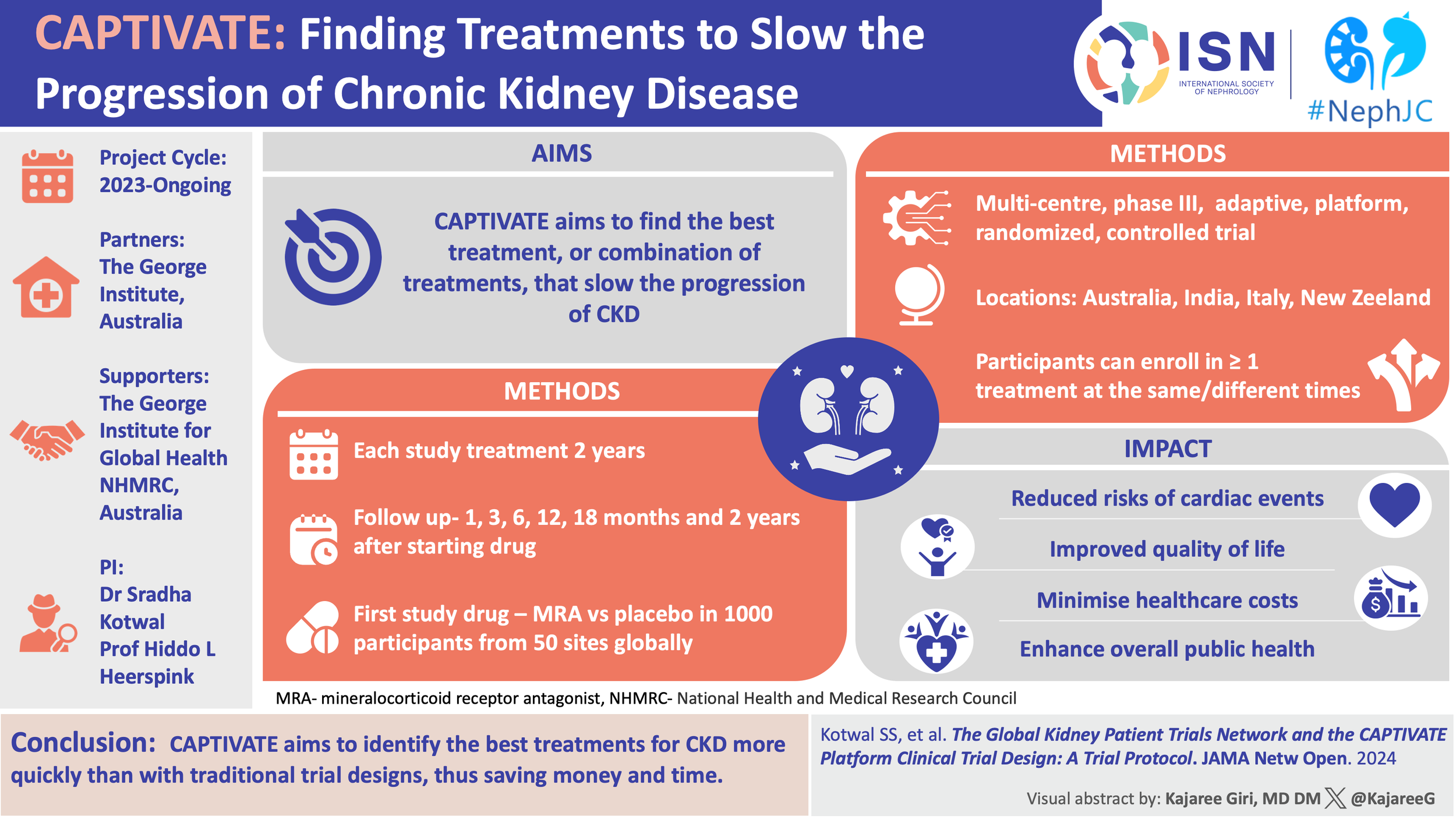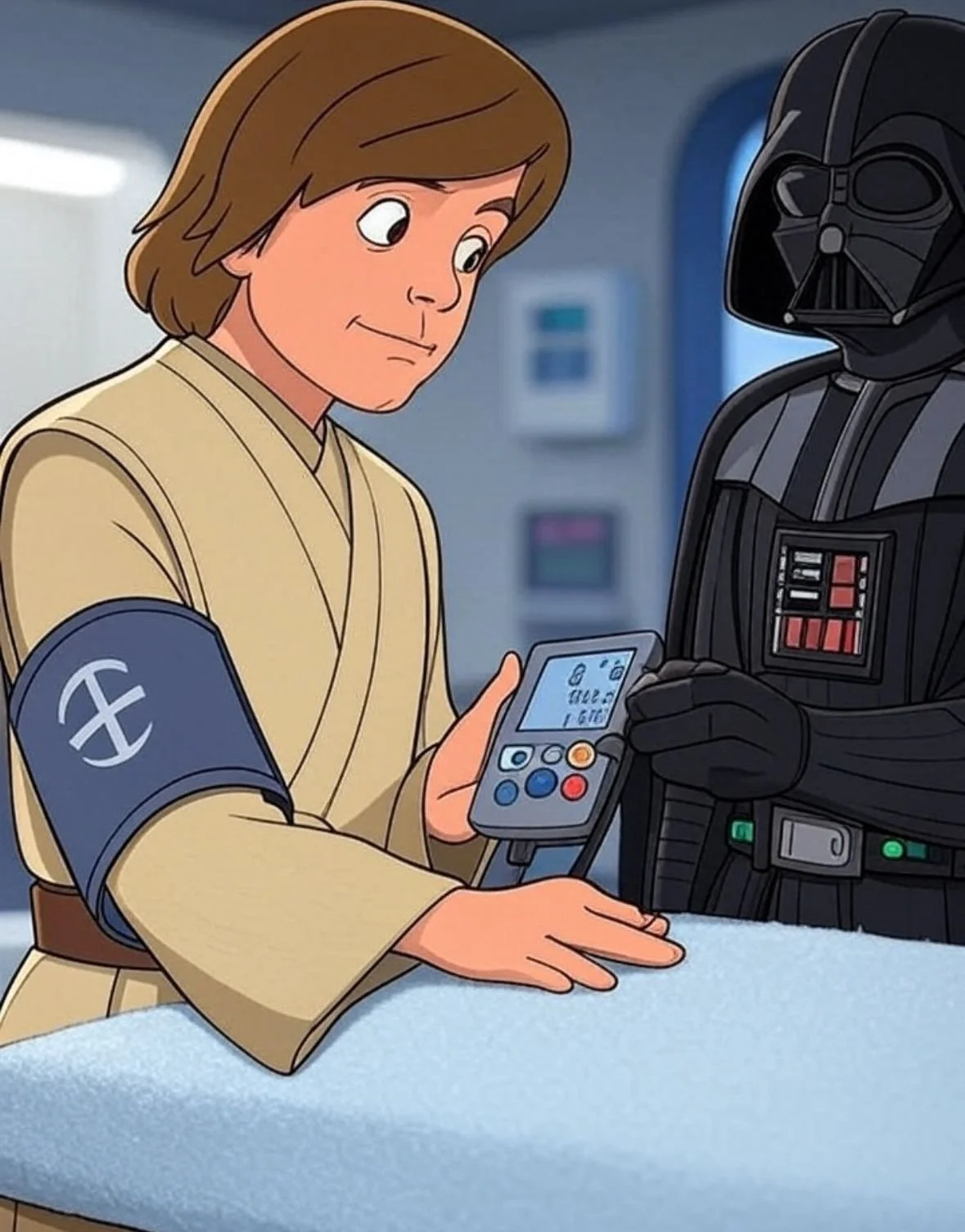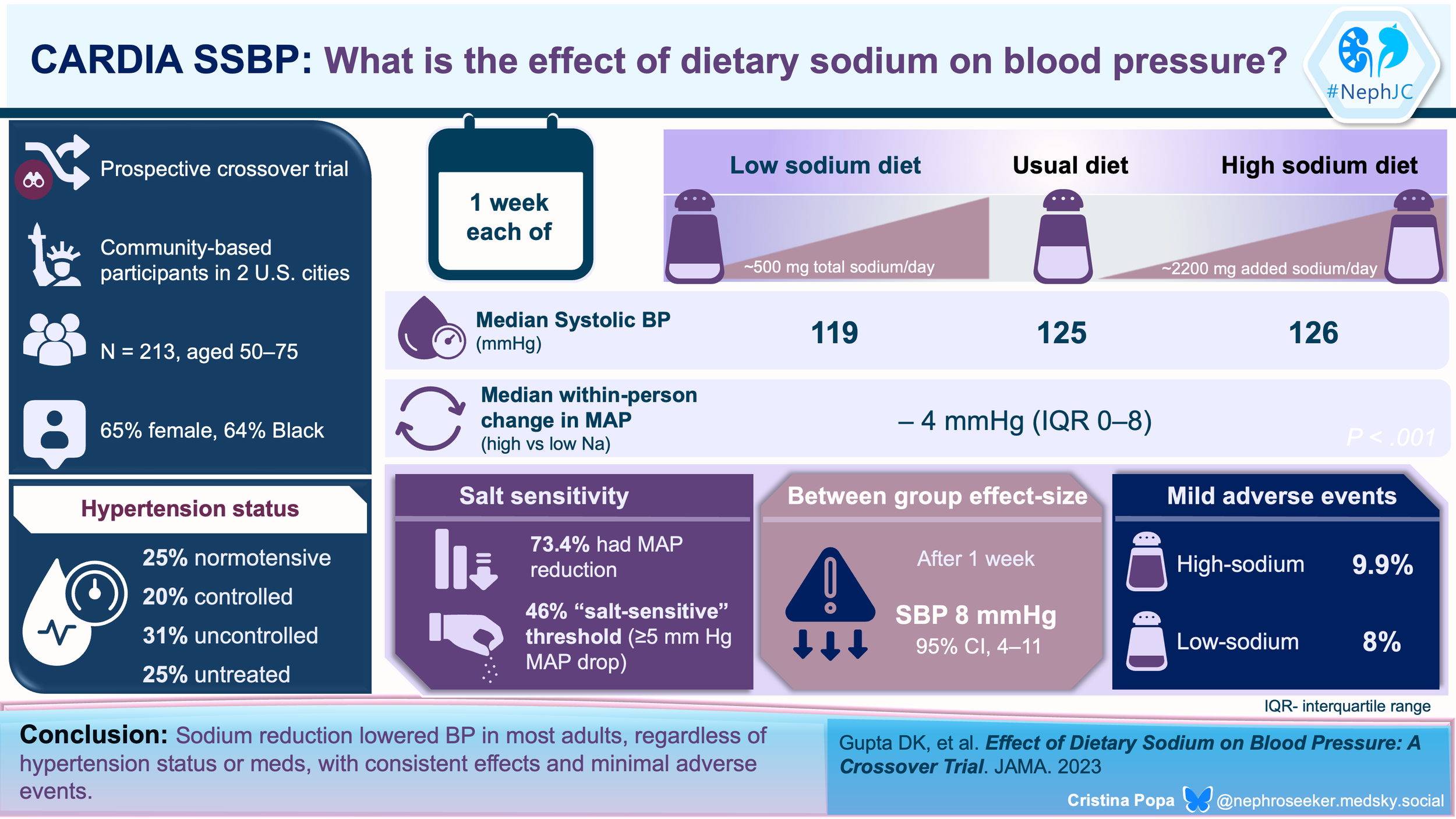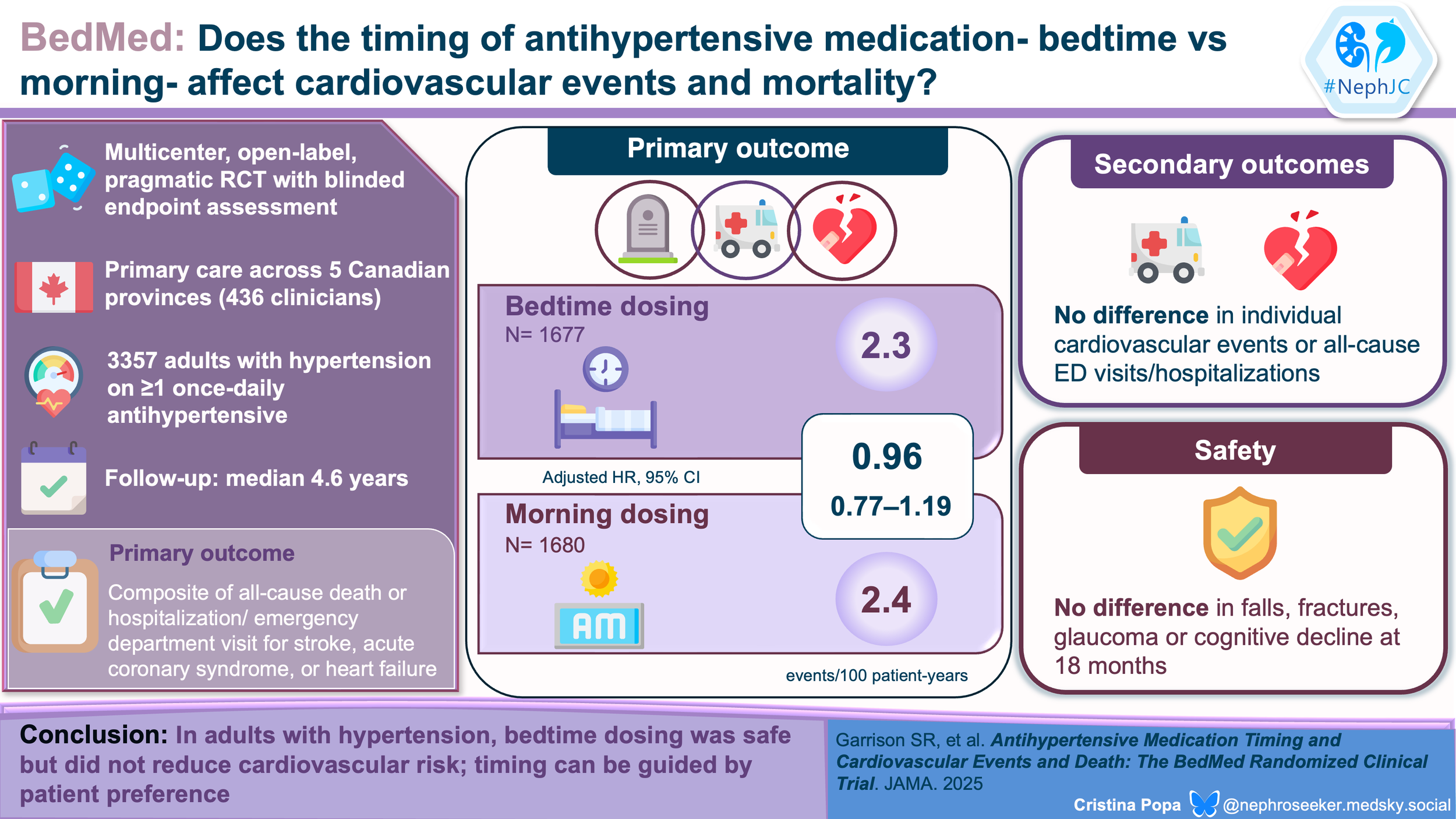JAMA 2023 Dec 19;330(23):2258-2266
doi: 10.1001/jama.2023.23651.
Effect of Dietary Sodium on Blood Pressure: A Crossover Trial
Deepak K Gupta, Cora E Lewis, Krista A Varady, Yan Ru Su, Meena S Madhur, Daniel T Lackland, Jared P Reis, Thomas J Wang, Donald M Lloyd-Jones, Norrina B Allen
PMID: 37950918
We know reducing sodium intake lowers blood pressure (BP), but what is truly the effect in those with normal BP versus high BP? Those taking BP meds versus those who do not? In the Coronary Artery Risk Development in Young Adults (CARDIA)–SSBP trial (Gupta et al, JAMA 2023), the investigators enrolled 213 individuals either with normal BP or not, and either on BP meds with controlled or uncontrolled hypertension. They crossed over from the usual diet to low sodium (diet with 500 mg i.e. ~ 25 mmol sodium) and high sodium (with 2 bouillon packets, each containing 1100 mg of sodium added to the usual diet). The low sodium diet did result in lower BP in all subgroups, by about 5 - 6 mmHg SBP in the normotensive/controlled hypertension subgroups to about 9 - 190 mmHg SBP in the uncontrolled/untreated hypertension subgroups.
Figure 2 from Gupta et al, JAMA 2023. Distributions of Within-Individual 24-Hour Ambulatory BP Response to Dietary Sodium Intake, Calculated From High-Sodium Diet Minus Low-Sodium Diet
Though the authors say these are not significantly different based on interaction p values, the subgroups are woefully underpowered to say that. Note that diet allocation was on alternate days, so this was not a randomized trial. Additionally - despite being provided food and daily phone calls, people on low sodium couldn’t stick to the provided saltless diet (24 hour urine sodium 1.7g rather than 0.5 g) and even the high sodium group couldn’t stomach the extra 2.2g bouillon (24 hour urine sodium went up from 4.6 to 5.5 rather than expected 6.8 g/day). So, an extremely low sodium diet does lower BP a bit, but it’s hard to achieve even if you are provided the food. Salt substitutes are so much more pragmatic (NephJC Summary| Podcast)!







